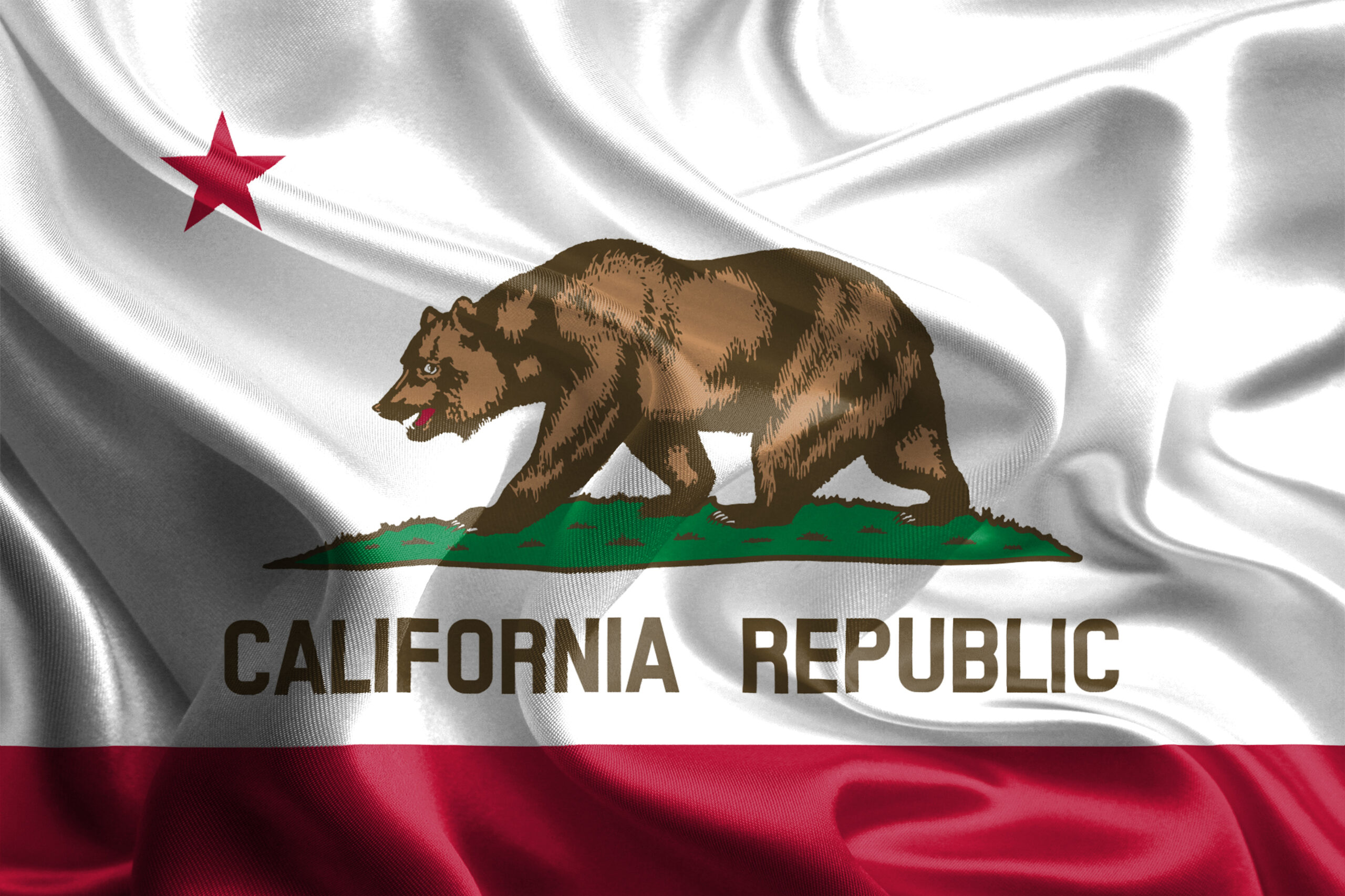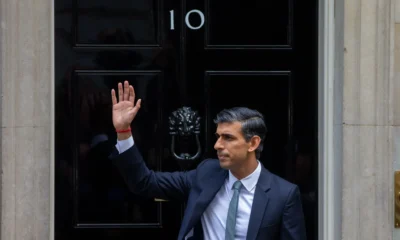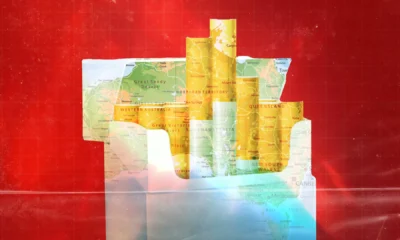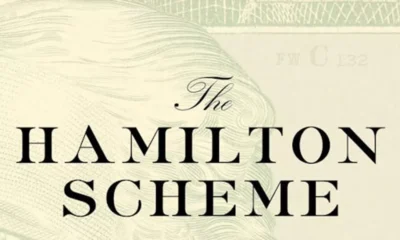Finance
Highlights of my weekly reading for May 26, 2024

by Warren Coats, Warren’s spaceMay 22, 2024.
Extract:
The recent attack and counterattack were a continuation of seventy years of unresolved relations between the territories [sic] Palestinian and Jewish residents. Netanyahu remains adamantly against revising the future of the two-state solution (Oslo Accord), and Saudi Arabia is equally pushing for it. Ireland, Norway and Spain will officially recognize Palestine as a state from next week and other countries are expected to follow.
The hitherto unconquered challenge was not the result of the gathering of Jews in what is now Israel, but of the determination to make it a democratic Jewish state. Religious states, such as Iran, are always problematic. Israel can only be a democratic Jewish state by somehow eliminating most Palestinians. America’s founding fathers had the wisdom to prohibit this by including the separation of church and state in our Constitution.
If Israel were to give up being a Jewish state, it could remain democratic and absorb the entire area from the river to the sea. And every resident would receive the same protection of the law and equal rights. A federal structure should be considered in which smaller districts with local government might be predominantly Muslim or Jewish. https://wcoats.blog/2024/01/19/one-state-solution-for-palestine-israel/
By David J. Bier, Cato at FreedomMay 24, 2024.
Extract:
The third creation occurred on May 24, 1924, when President Calvin Coolidge signed the National Origins Quota Act, which imposed the first permanent limit on legal immigration. Before the 1924 law, it was assumed that all potential immigrants were eligible to immigrate unless the government had evidence showing that they were ineligible. The 1924 law replaced this system with the Soviet-style ‘guilty until proven innocent’ quota system we have today.
No law has so radically changed the demography, economy, politics, and freedom of the United States and the world. It has massively reduced America’s population of immigrants and their descendants by hundreds of millions, slowing economic growth and limiting this country’s power and influence. Post-1924 Americans are no longer free to associate, contract, and trade with people born around the world as before.
The legal restrictions have a enormous and almost impenetrable bureaucracy between Americans and their family members, spouses, children, employees, friends, business partners, customers, employers, religious leaders, artists, and other peaceful people who might contribute to our lives. It has made the world a much poorer and less free place for Americans and people around the world, necessitating the construction of a massive law enforcement apparatus to enforce these restrictions.
My additional thought:
We often hear that if we get a lot more immigrants, they will vote our system down. Indeed, that had been my one great fear – before I looked at the evidence. But notice the evidence here. The US stopped most immigration in 1924. It reopened somewhat in 1965. And when did we get our biggest expansion from the federal government? During those forty years or so.
by Dave DeCamp, antiwar.com, May 23, 2024.
Extract:
Russian President Vladimir Putin signed a decree on Thursday That will allow for the seizure of US assets in Russia to compensate for any Russian assets seized by the US.
The decree could apply to any U.S. individuals or companies with assets in Russia, and it came after President Biden signed a bill giving him the power to seize Russian assets and use them to cut aid to Ukraine pay.
After Russia invaded Ukraine, the US and its allies froze about $300 billion in assets of the Russian Central Bank. According to The Associated Press, There is approximately $5 billion in Russian state assets that the US could seize and send to Ukraine.
Putin’s decree would allow Russia’s central bank or other companies that have lost assets in the US to turn to Russian courts “with a claim to establish the fact of unjustified deprivation of its property rights as a result of a decision from a US state or judicial authority and receive compensation for damages.”
In short, says Putin, I will face your collective guilt and educate you.
by Lee Ohanian, California on your mindMay 21, 2024.
Extract:
California’s budget went from a supposed $98 billion surplus, in which there was so much cash in state coffers that Governor Gavin Newsom gave away $50,000 to randomly selected individuals to get a COVID-19 vaccine, to a projected deficit of $73 billion in just about two years.
Much of this could have been avoided had California not made obvious, wildly unrealistic revenue assumptions in 2022 for the coming years, which wrongly painted a far too optimistic budget picture for the state. In a nutshell, here’s what happened: In the 2021-2022 fiscal year, state tax revenues increased by about 55 percent — about $70 billion — over the previous fiscal year. This revenue windfall largely reflected taxpayers realizing capital gains, especially high-income taxpayers, who faced a marginal tax rate of 13.3 percent at the time.
by David D. Friedman, daviddfriedman.substack.com, May 23, 2024.
Extract:
The attitude towards his children, treating them as people of the same intellectual status as himself, became more widespread. He would argue with anyone. I remember an argument with the owner of the New Hampshire garage where we had our car repaired, who claimed that by spending enough on advertising, a large company could always sell what they produced. The example he offered was a new car that Ford had just released, the Edsel.
One of my father’s projects was an experiment in economics education, arguing with taxi drivers in New York City. New York had and still has a taxi medallion system. It issues a fixed number of medallions, each of which gives the owner the right to drive one taxi; each taxi company must own as many medallions as it operates taxis. The medallions are transferable; if you have one, you can sell it to someone else who will now have the right to legally operate a taxi. The price of a medallion is now, and probably was then, more than a hundred thousand dollars.
I had a similar experience when I was 19. My friend Don Redekop and I were hitchhiking in the summer of 1970. We were returning from a Sunday morning hitchhiking to one of my favorite lakes, near the Manitoba-Ontario border. We were picked up by a friendly man who was a typewriter salesman. We still had 100 miles to go and somehow we started talking about imports. He argued that the Canadian government should restrict the importation of foreign typewriters. Of course I said that wasn’t allowed. He was not hostile but curious: he asked me why. So I laid out comparative advantages without using numbers. He would resist; I would explain. To resist; to explain. By the end of the 100 miles he admitted I was right, but he wanted to limit imports to save his job. We left on friendly terms. (I don’t recall making the argument that if we had no import restrictions there would be more, not less, demand for typewriter sellers. Given my economic acumen at the time, I probably didn’t.)













